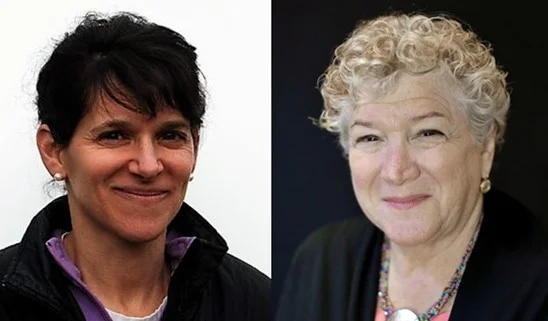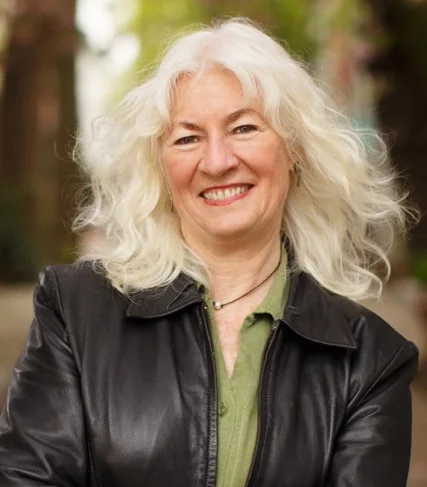Although community development finance has primarily built its foundation around real estate investing, we have learned that in a city like Philadelphia, neighborhood revitalization does not always empower local residents to move up the economic ladder but can often lead to displacement through gentrification. An impact economy requires both growth AND mobility, and thus, our strategies must include a focus on both improving places AND empowering people. To this goal, an effective impact capital strategy is about more than just building and investing financial and physical capital. We should also consider how we build and invest in human and social capital in our city.
Read MoreTo date, many innovative education technology products and services have not been adopted by schools or have failed to achieve scale. One reason for this lack of adoption and implementation is the disconnect that often exists between educators and entrepreneurs. Practitioners often receive inadequate information about new tools and their capacity to enhance instruction, which further impedes implementation. In addition, the limited amount of time and resources that most practitioners encounter on a daily basis, including insufficient professional development on how to use new technologies, further impedes adoption rates.
Read MoreMany who hear “Habitat for Humanity” have some familiarity with Habitat for Humanity's affordable housing work, the phrase “a hand up, not a handout,” and President Jimmy Carter and his wife, Rosalynn Carter's the tireless commitment to the organization over years. However, few are aware of our furniture and home goods social enterprise, ReStore, that infuses dollars into our Homeownership and Home Repair Programs - two programs that provide affordable payment options, sweat equity, and volunteer labor opportunities for low-income populations that have housing needs in Philadelphia.
Read MoreAt the Wharton Social Impact Initiative, we focus on how businesses and finance can be leveraged to drive inclusive economic development. Over the last decade, we have noticed a dramatic increase in the number of investors seeking to achieve financial returns as well as measurable social or environmental impact across their investable assets. This approach to investment – generally known as “impact investing” – takes many forms across asset classes, impact sectors, industries, and geographies. And, the growth in impact investing is leading to a range of partnerships, approaches, and funding strategies.
Read MoreAt the Total Impact Conference in late April, The Philadelphia Foundation and Reinvestment Fund announced a joint initiative named PhilaImpact Fund. This impact investing vehicle will allow each organization’s investors to fund development projects in Philadelphia and the surrounding counties. The PhilaImpact Fund connects investors, philanthropists and engaged citizens with the projects, initiatives and big ideas that generate results on a local level.
Read MoreThe Circle of Aunts and Uncles is a group of 35 members that seeks to build local self-reliance by supporting, mentoring, and providing low interest loans and social capital to aspiring entrepreneurs in Philadelphia. The group has loaned out more than $100,000 since 2015 with priority given to entrepreneurs who demonstrate financial need, are from a historically marginalized population, aspire to implement eco-friendly business practices, and plan to maintain local independent ownership.
Read MoreLast May, Reinvestment Fund announced a $50 million public bond offering to further its mission to build wealth and opportunity for low-income places and people. The bonds were rated AA- by S&P and represent one of the first examples of connecting CDFIs to mainstream capital markets. Demand for these bonds far exceeded expectations and the offering was oversubscribed. It was a testament to the demand among institutional investors for viable options to channel their capital towards impact, while also receiving market-rate returns.
Read MoreThere’s a collective societal consciousness that thinks of traditional stock and bond markets as prudent and safe while viewing direct investments into businesses and non-profits as risky. The Untours Foundation seeks investments with local and/or societal benefits and makes the case that perhaps the level of risk isn’t so different after all.
Read MoreWhy does ImpactPHL chair John Moore feel so strongly about optimizing investments beyond financial metrics, and Philadelphia’s role as a global hub for such innovation? In volume one, he explains the perspective of ImpactPHL Perspectives.
Read More









